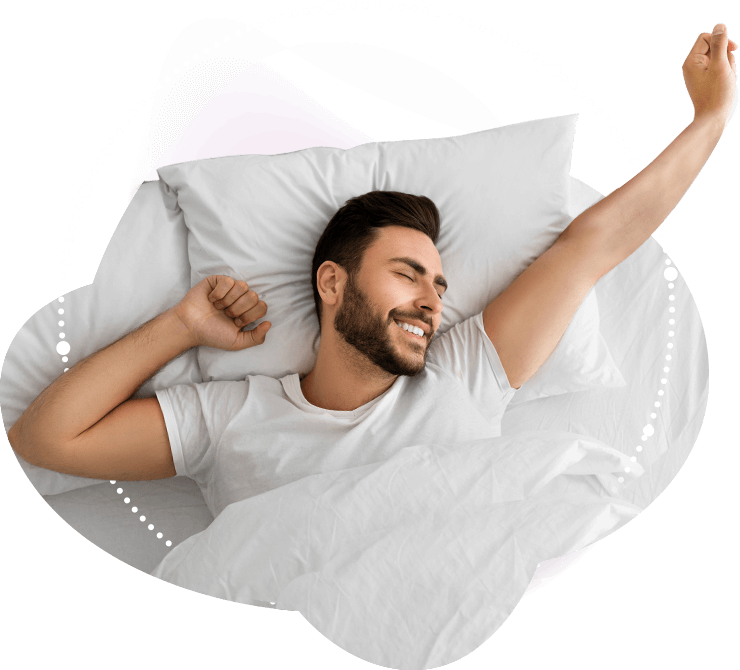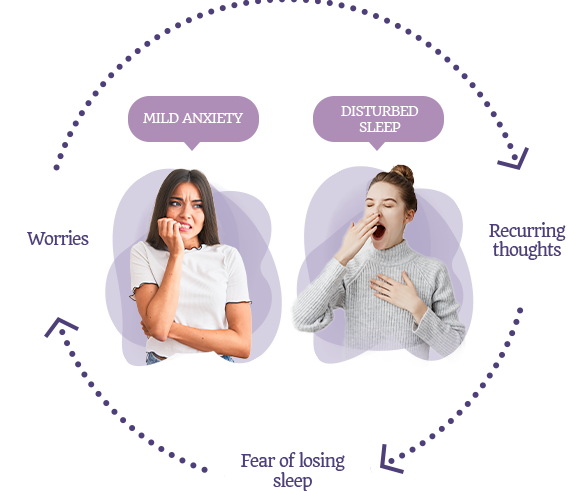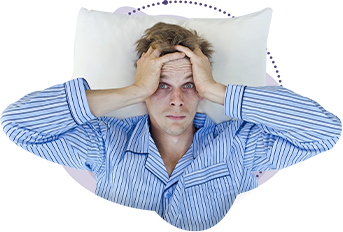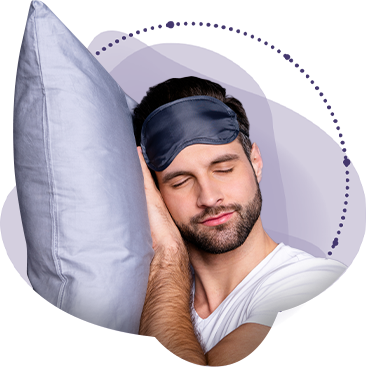
Does a disturbed sleep affect your daily activities?
Sleep disturbances encompass disorders of initiating and maintaining sleep, excessive somnolence, sleep-wake schedule, and dysfunctions associated with sleep, sleep stages, or partial arousals. Many people with anxiety disorders have trouble sleeping.
What are the causes and effects of disturbed sleep?
Sleep disruption can lead to vast potential for adverse short- and long-term health consequences. The short-term consequences include increased stress responsivity, physical pain, poor quality of life, emotional distress and mood disorders, as well as cognitive, memory, and performance deficits.
The long-term consequences can affect general health in otherwise healthy individuals.
This is why a healthcare provider should be contacted if disturbed sleep persists. Taking stimulating substances, such as coffee, alcohol or nicotine or exercising before bedtime can disturb sleep.

Symptoms of mild anxiety
The emotional distress of anxiety is often accompanied by specific physical symptoms, such as sweating, dizziness, and shortness of breath or more generalized somatic complaints, such as disturbed sleep.

Bad mood
How many times have you been in a bad mood? Have you ever wondered what a "bad mood" really means and what specific characteristics this emotional state has? First of all, we need to define what "mood" is.

Disturbed sleep
Disturbed sleep is among the most common symptoms in patients with anxiety disorders and has detrimental effects on patients’ daily living skills and quality of life.

Gastrointestinal problems
Mood and anxiety disorders can be associated with Gastro Oesophageal Reflux Disease (GORD) - related symptoms such as acid regurgitation and heartburn.

